Thriving natural capital
Enhancing the integrity of nature markets to drive climate action, nature recovery, and community benefit.

Our goal is to enhance the integrity of nature markets to drive climate action, nature recovery and community benefit. Scotland's natural capital is essential to addressing UN Sustainable Development Goals. Our work focuses on advancing the science of ecosystem services and informing on the restoration of natural capital and its sustainable use.
What is natural capital?
Natural capital can be defined as 'renewable and non-renewable stocks of natural assets, including geology, soil, air, water and all living things, that combine to yield a flow of benefits to people' (Scottish Forum). It is a concept that enables us to think of our natural environment as an asset that provides ecosystem services beneficial to our society and economy.
Some of these, like food, are 'private goods' because individuals can own and profit from them. 'Public goods', like climate change mitigation, are available to anyone, and society benefits, rather than individuals.
Many businesses rely on natural capital and ecosystem services and they'll invest in nature, to protect their private goods. It is harder to justify investing in public goods, which are difficult to value and which provide benefits only in the long term. Investing in public goods will also, of course, benefit a business' competitors.
As a result, many business decisions generate short-term private benefits at the expense of longer-term public benefits. This leads to costs to the environment, such as pollution, flooding or climate change, that then have to be met by governments.
For example, agricultural production leads to private goods (the harvest) for the producer, whilst generating environmental costs (such as its carbon footprint). Funding from either public or private sources may be offered to farmers, to encourage more sustainable practices that primarily benefit the public over the long term, rather than providing short-term private benefits.

Enabling ecosystem markets
We work with policy makers in the public and private sectors and with natural economy sector businesses to create the right balance and enable ecosystem markets to overcome potential issues.
Agricultural practices must be sustainable, so opportunities for future income streams from carbon and ecosystem markets are not lost to the sector.
Public funding should not pay for work that can be delivered by markets. For example, there is evidence that Peatland Action has crowded out Peatland Code projects in some parts of Scotland, leading to an inefficient use of public money.
By contrast, attractive terms of environmental markets should also not crowd out public funding and lead to limited uptake and influence. For instance, there is evidence that dairy farmers in England who were offered a milk premium for environmental work chose this consistently over the agri-environment scheme that was also available.
More public funding is needed to tackle the climate and biodiversity crises, and existing public schemes must prioritise funding that addresses market failures like favouring certain services, sectors and locations. Designed with integrity, ecosystem markets can complement public funding to help increase the speed and scale of delivering climate change mitigation and nature recovery.
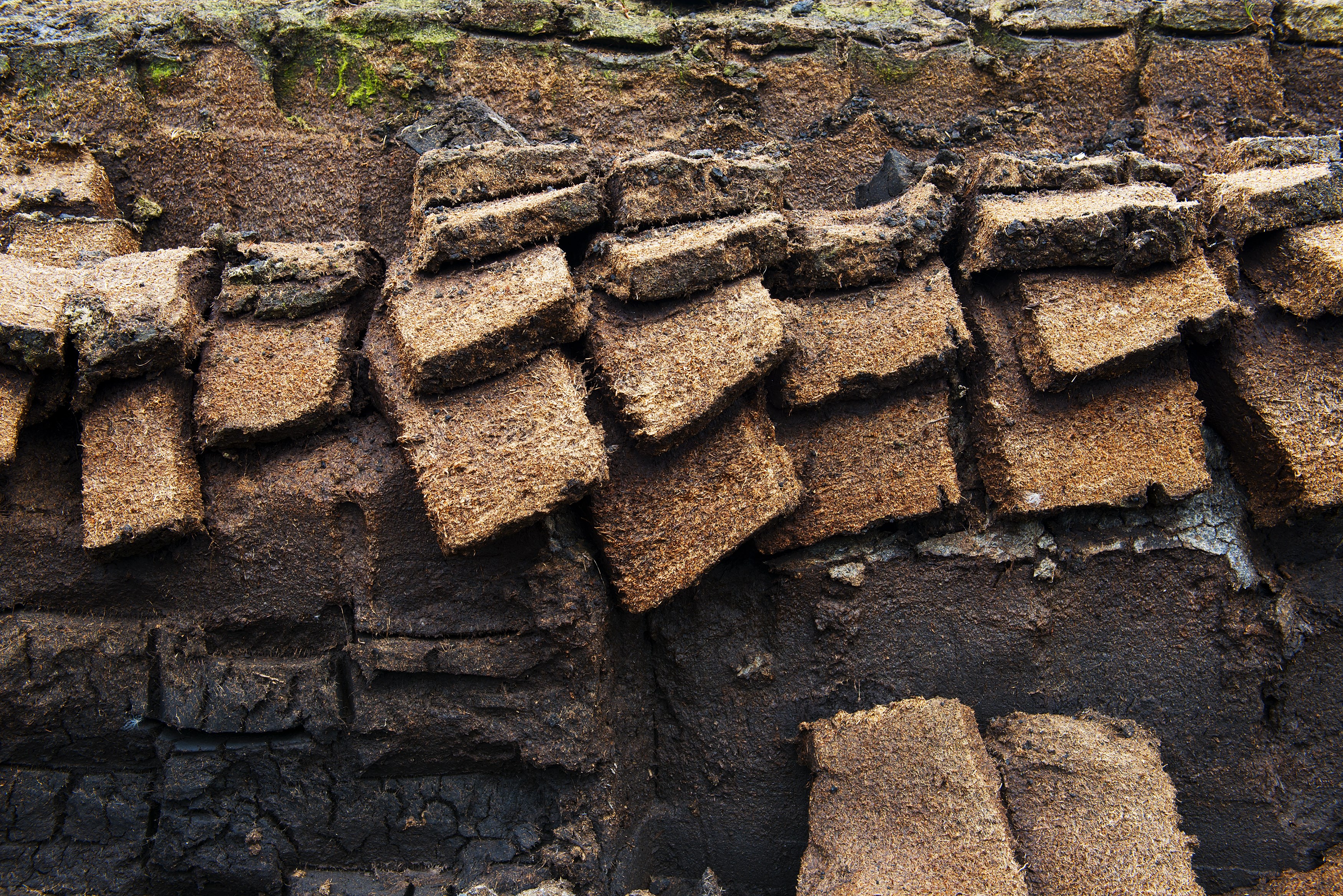
Market solutions for environmental issues
Our aim is to support governments and advise on the use of public investment and policies that encourage responsible private investment in natural capital.
To tackle climate change and biodiversity loss markets need to be regulated, trustworthy, and transparent about their environmental and societal impact. Balanced properly, they will enable the natural economy sector to thrive, with new green jobs and regenerative business opportunities operating in secure and robust rural communities.
Related videos
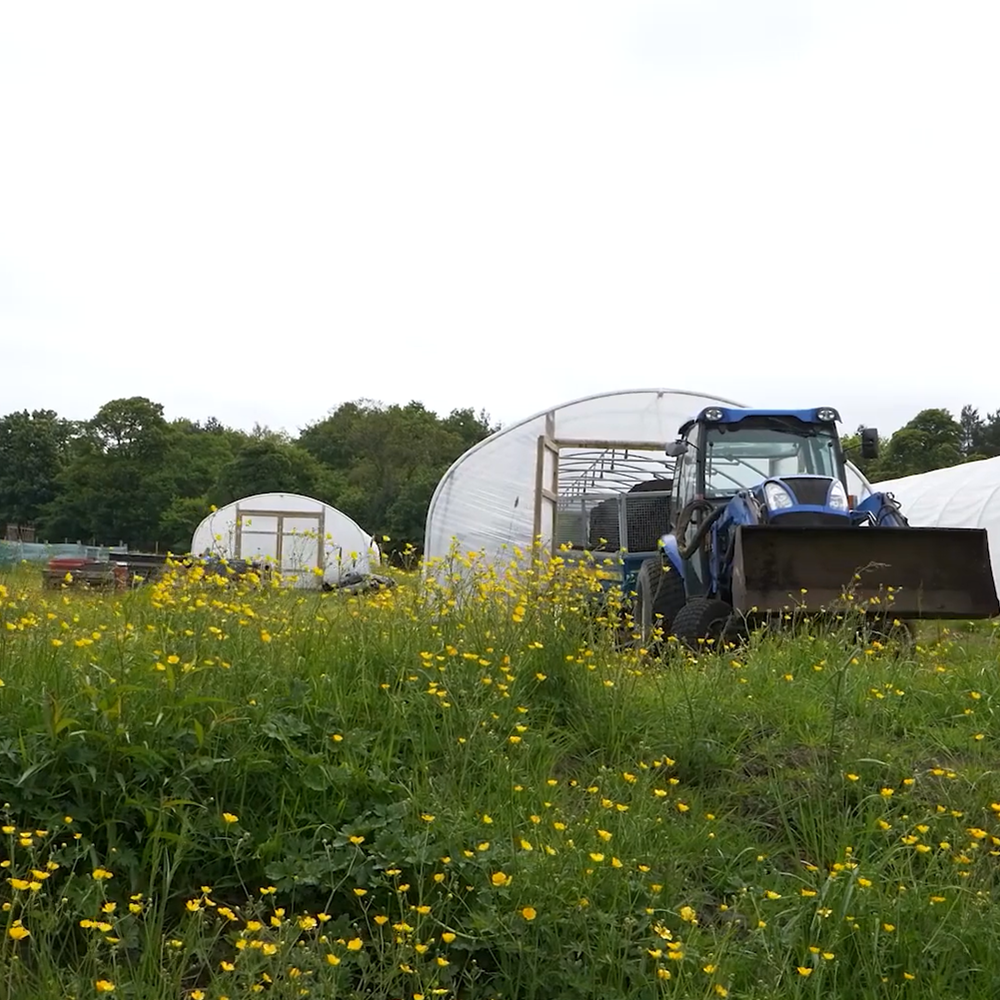
Investing in data for nature-based projects - a case study from Lauriston Farm
This case study video from SRUC's Thriving Natural Capital Centre explains why it is useful to invest in data collection to establish baselines, and prove changes through time. The Lauriston Farm team and their investor Federated Hermes Ltd., discuss how they are collecting data to prove the social, economic and environmental impacts of their regenerative agriculture and community engagement practices. Presented by Dr Hannah Rudman.
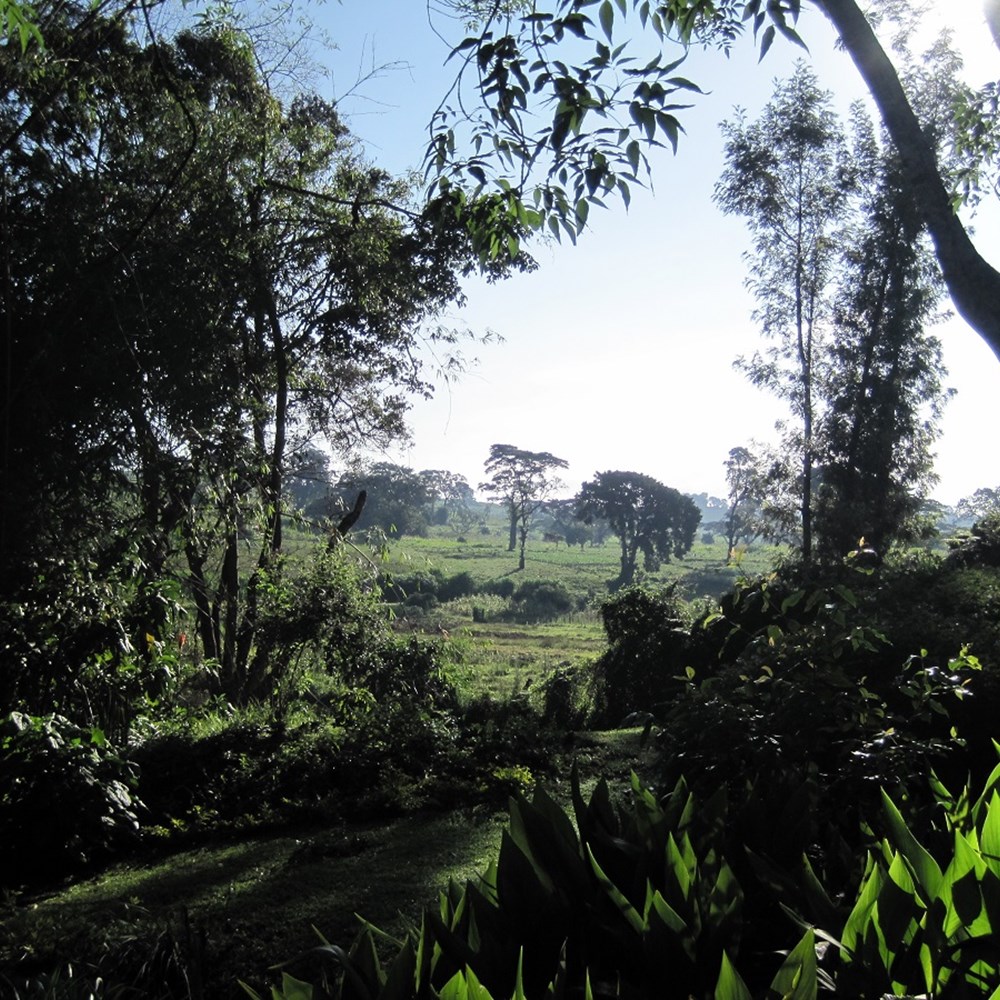
Decision grade data at Glencripesdale
This case study video from the Thriving Natural Capital Centre explains why decision grade data is important for measuring, verifying and reporting improvements in nature based projects, focussing on the rainforest restoration at RSPB Scotland's Glencripesdale rainforest reserve. Decision-grade data is trustable and high quality enough to attract investment into nature restoration projects.
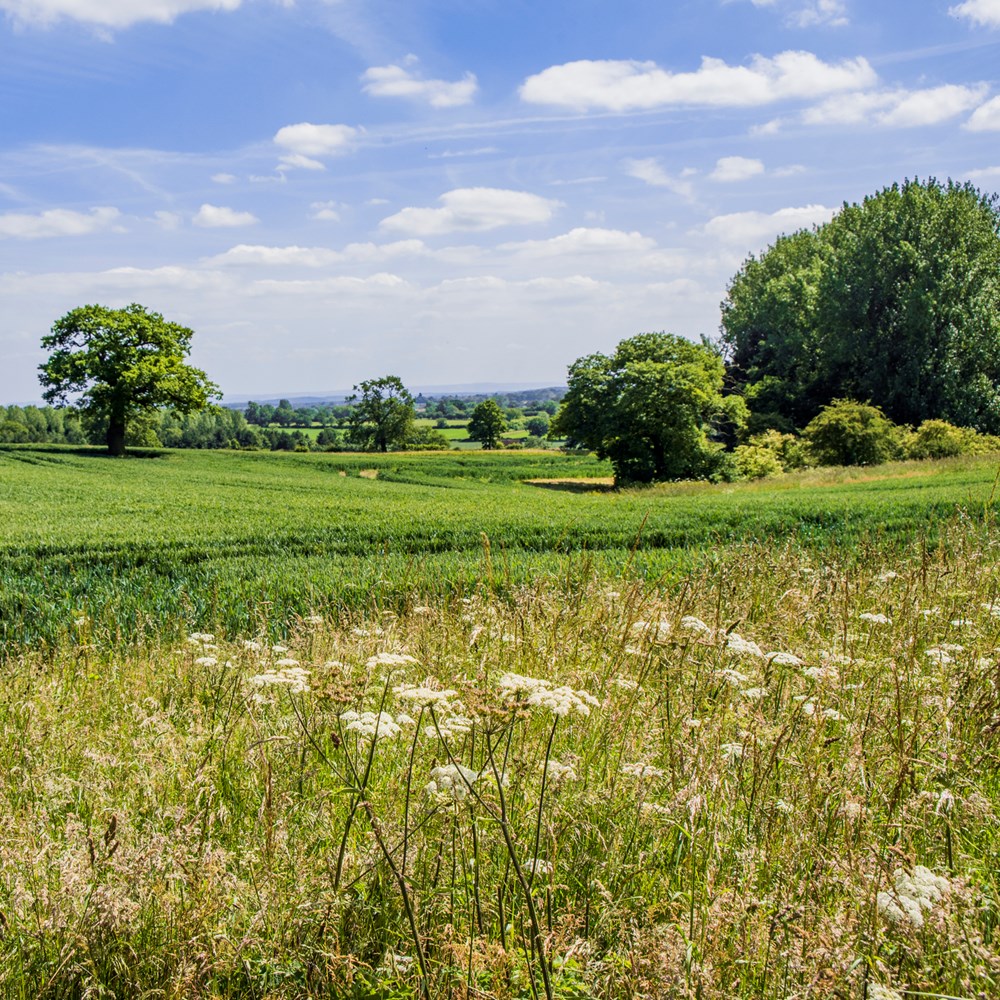
A natural capital case study
In this video case study Dr Hannah Rudman visits the Bunloit Estate to find out about the practical work they’ve done to establish the baseline facts of their natural capital assets. She also finds out about the team’s plans for securing investment for improvement and restoration projects.
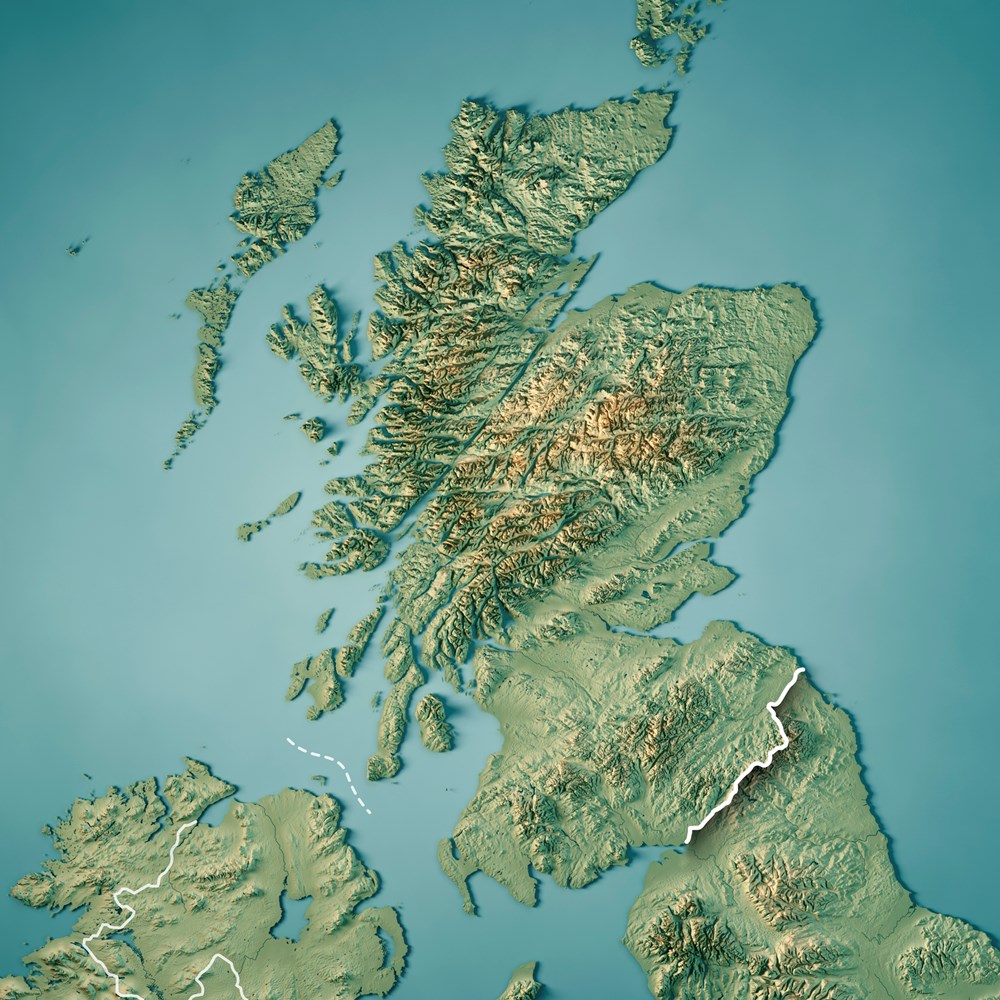
Traps, maps and apps with Dr Hannah Rudman
Hannah explains the concept of natural capital and why it needs to thrive, and then shows how digital traps, maps and apps can be practical methods for measuring natural capital.
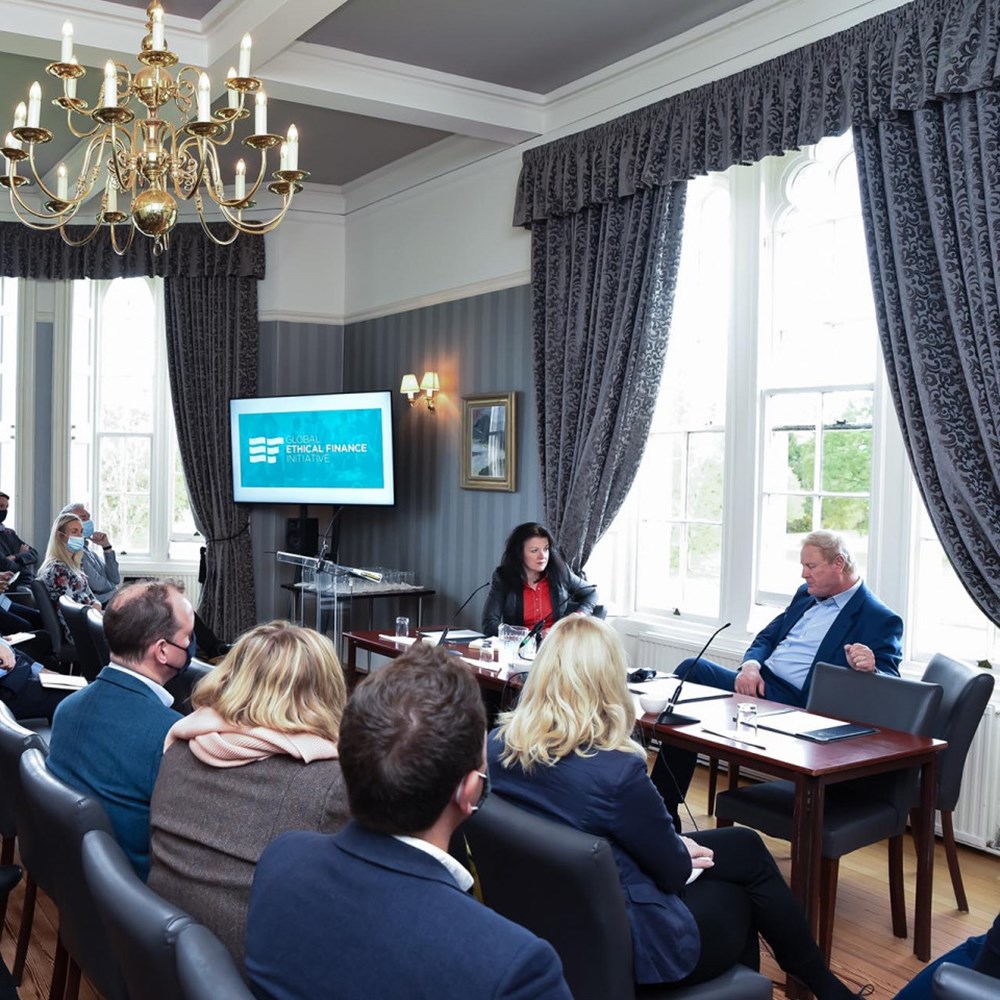
Willie Watt on investments for nature
In this interview lead by Dr Hannah Rudman Scottish National Investment Bank Chair Willie Watt discusses the public investment bank's approach to nature- and climate-based investments.
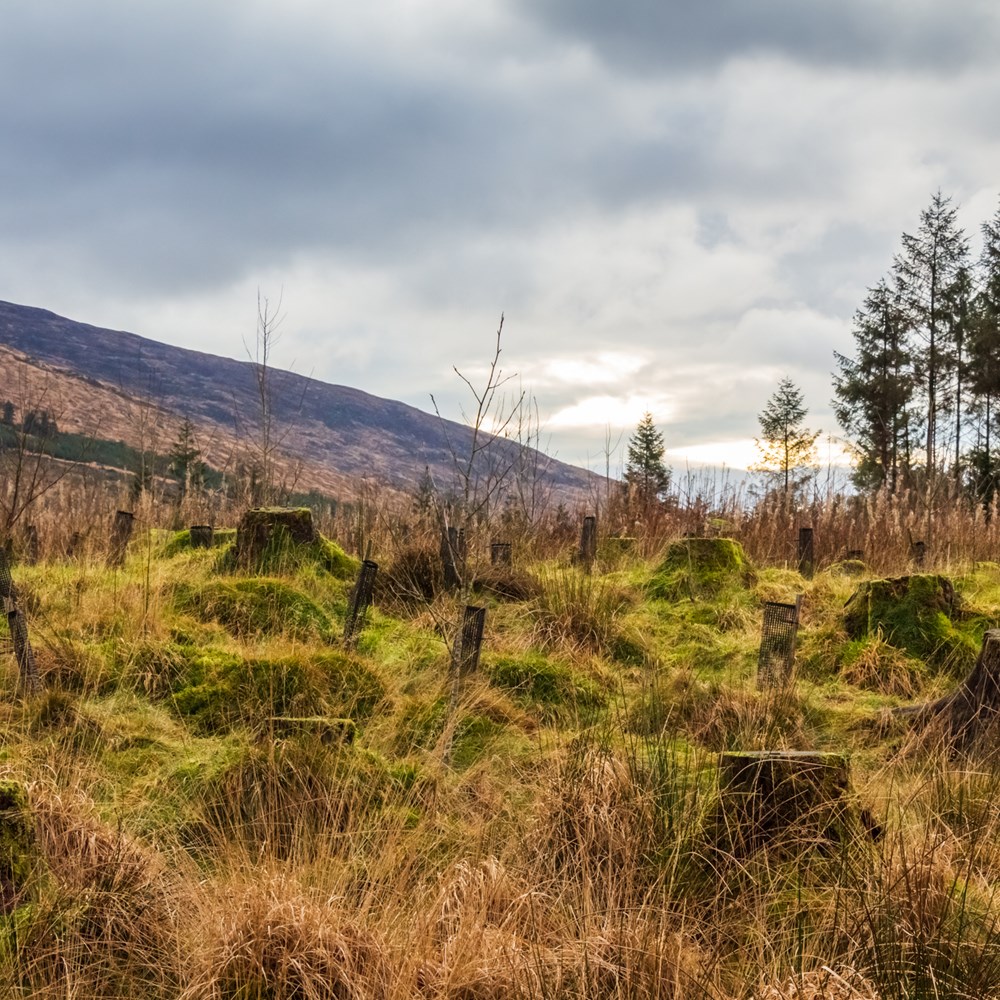
Rewilding Scotland
Dr Jeremy Leggett and Julian Matthews discuss with Dr Hannah Rudman new business and investment models to enable financing of rewilding projects in Scotland and beyond.
In the news
Measuring biodiversity in Scotland
A new report on approaches to measuring biodiversity in Scotland was published by the Scottish Government last month. The report was written by a team at SRUC and SAC Consulting after reviewing a range of existing biodiversity metrics and engaging interested parties across the key policy areas.
2023 – a big year for biodiversity
SRUC’s Thriving Natural Capital Challenge Centre has been awarded a Natural Environment Research Council grant to focus on network building for nature positive projects - between Scottish biodiversity uplift programmes happening on the ground, and the investment and private finance sector.
Knowledge sharing and innovation projects receive £150k
Two SRUC and SAC Consulting projects aimed at tackling climate change and enhancing competitiveness in the agriculture and food production sectors have been awarded more than £150,000.
Winners and losers in rising ecosystem markets
New research has identified a wide range of groups which could be affected by rising ecosystem markets and rewilding initiatives in Scotland.
FinTech Research & Innovation Roadmap features SRUC
The FinTech Research and Innovation Roadmap was published on Friday explaining the pathway over a ten-year period to deliver an additional 20,000 plus financial technology or “fintech” jobs in Scotland.
New projects to develop ecosystem markets
Researchers at SRUC have won a share of £300k in funding for three projects to develop new carbon markets for regenerative agriculture, saltmarsh restoration and lowland peatlands.
Thriving Natural Capital podcast episodes
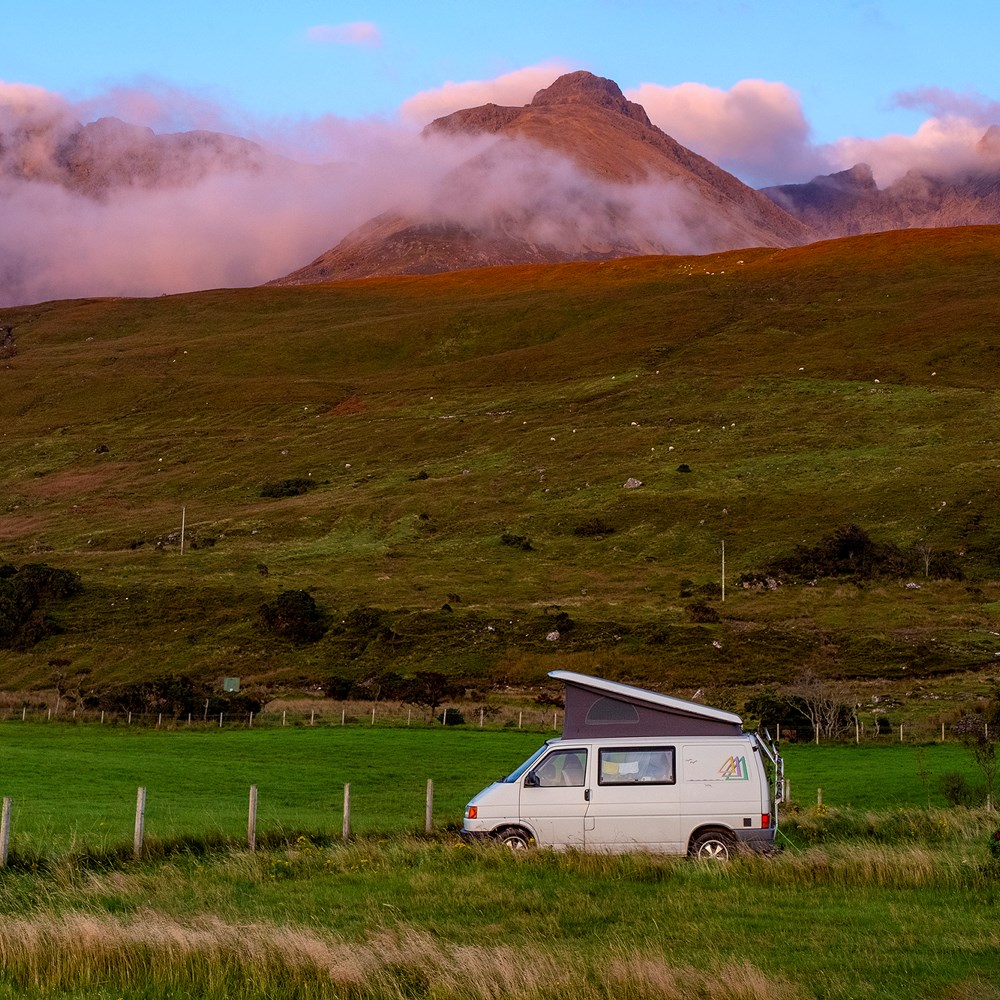
Rebuilding natural capital through nature-based solutions
SRUC's Dr Hannah Rudman looks at how low carbon, nature-rich future can revitalise our economy, and how we can take advantage of the exceptional natural capital we have in Scotland and the rest of the UK.
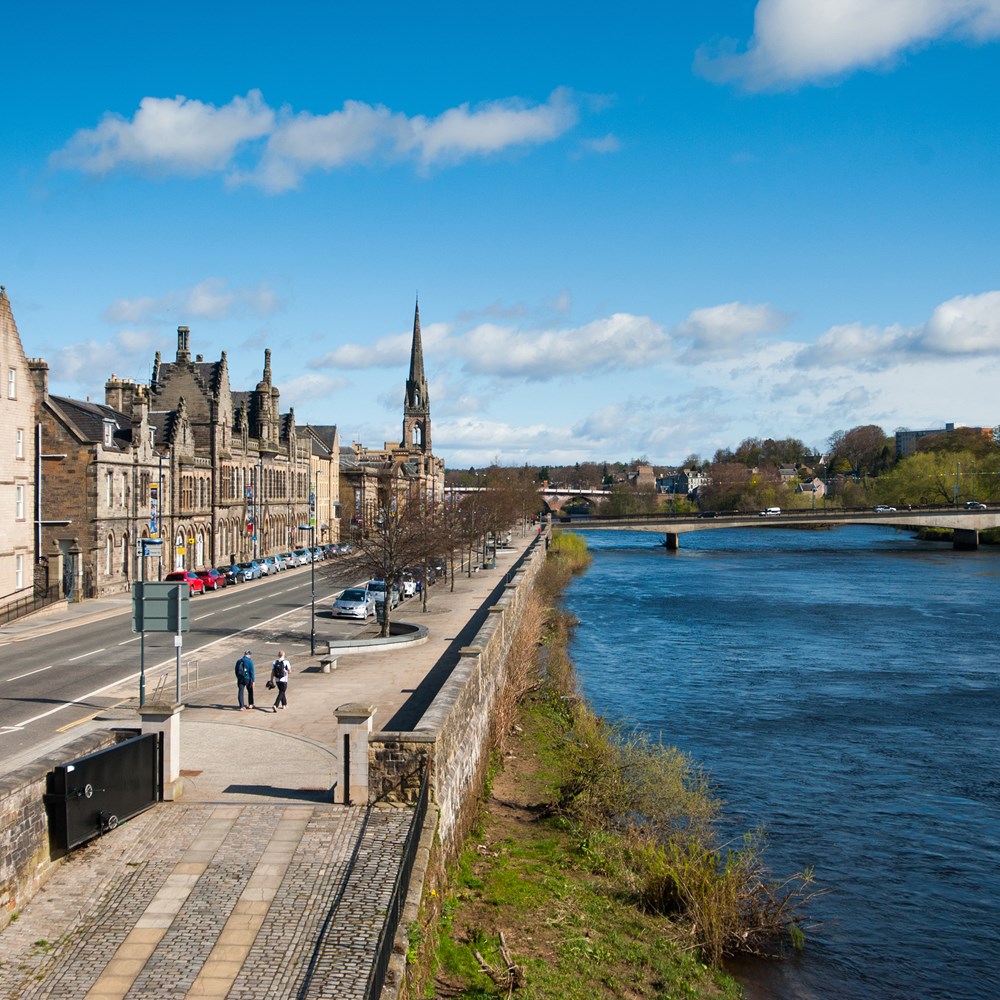
Bioregioning Tayside
SRUC's Dr Hannah Rudman hosts this podcast episode on bioregioning the Tayside area in Scotland. She explains the concept of a bioregion and how it helps us see the places we live and work with new eyes.
Discover our Challenge Centres

Thriving natural capital
Enhancing the integrity of nature markets to drive climate action, nature recovery, and community benefit.

Food security
Generating the evidence that shows how innovations and developments in food and farm production systems can make a difference.
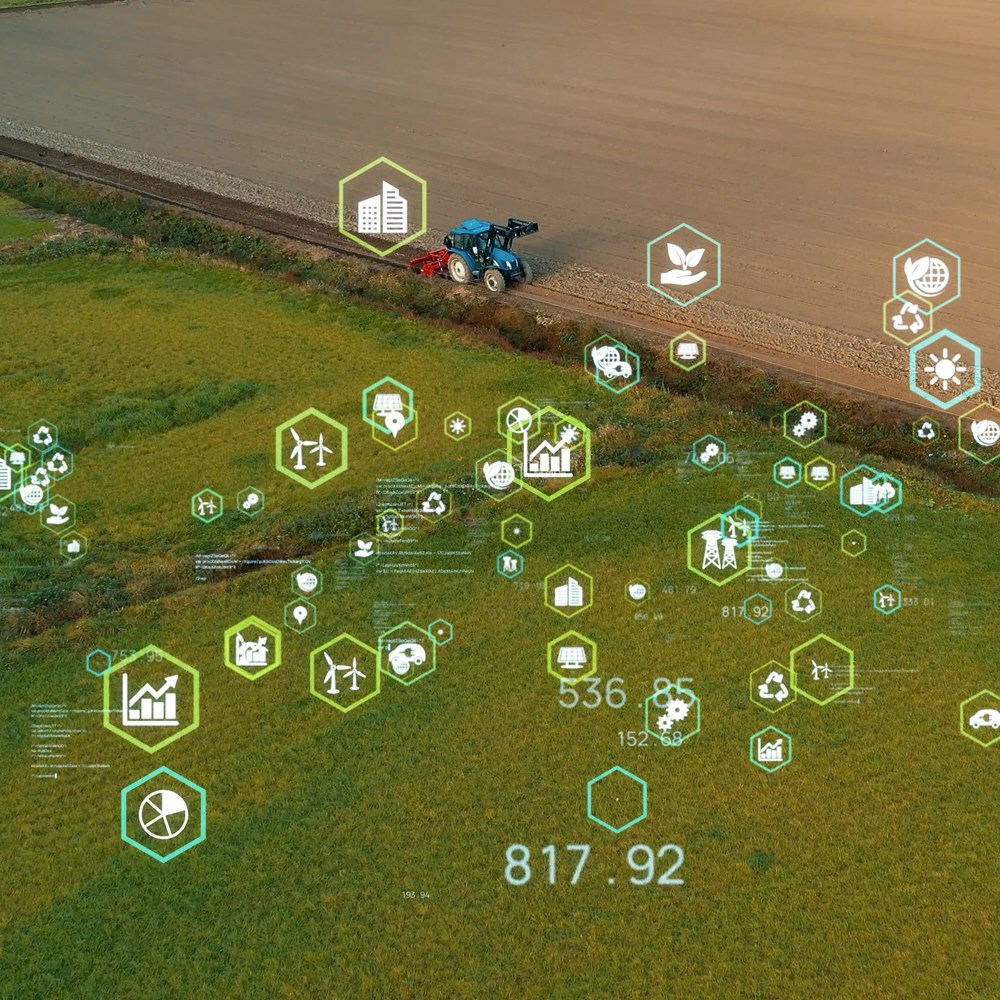
Delivering data & digital innovation
Using data to generate understanding, provide insights, develop and improve products, and increase resource use efficiency across agri-food systems

Global climate emergency
This Centre aims to find new systems-level solutions to tackle the worsening climate crisis.
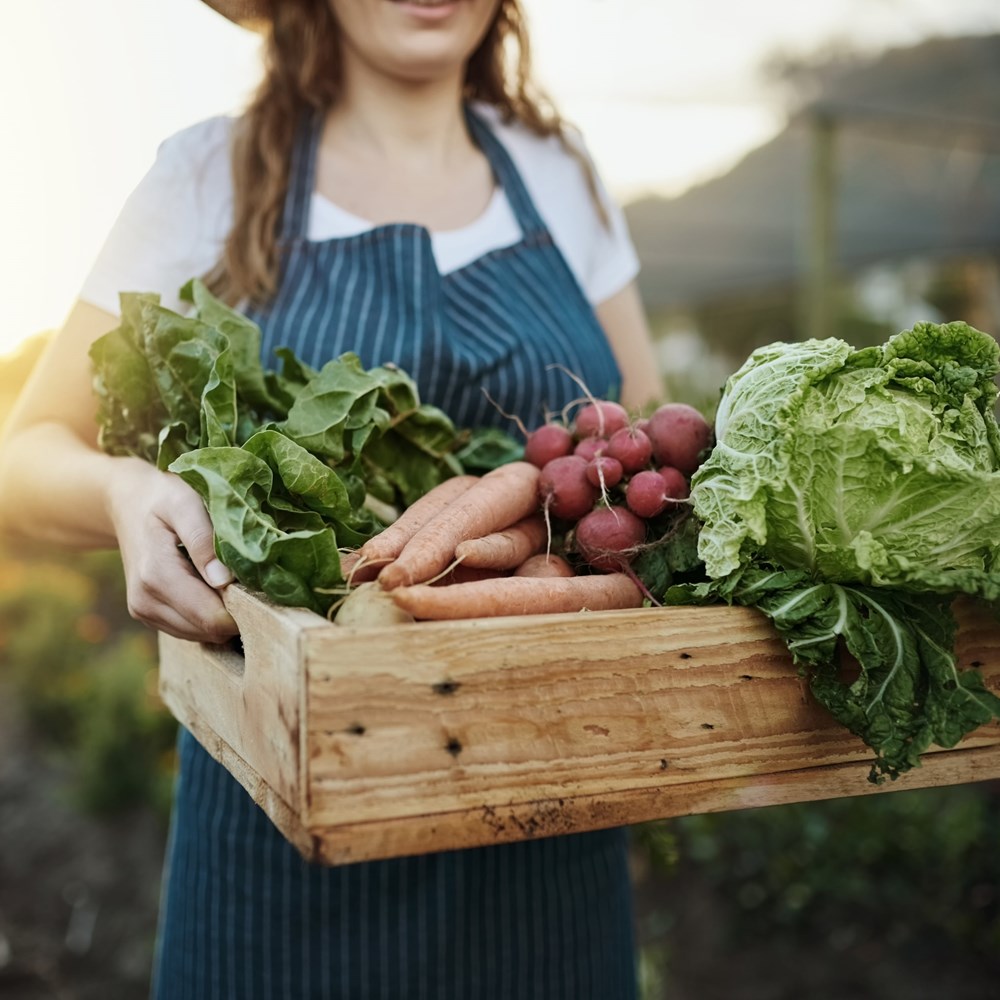
Future food systems
Generating knowledge to create safe, sustainable, and new foods chains that deliver healthy diets and support economic growth.
Find out more about our services

Research news
Have a look at our latest news articles to find out more about our research activities and impact across the globe.
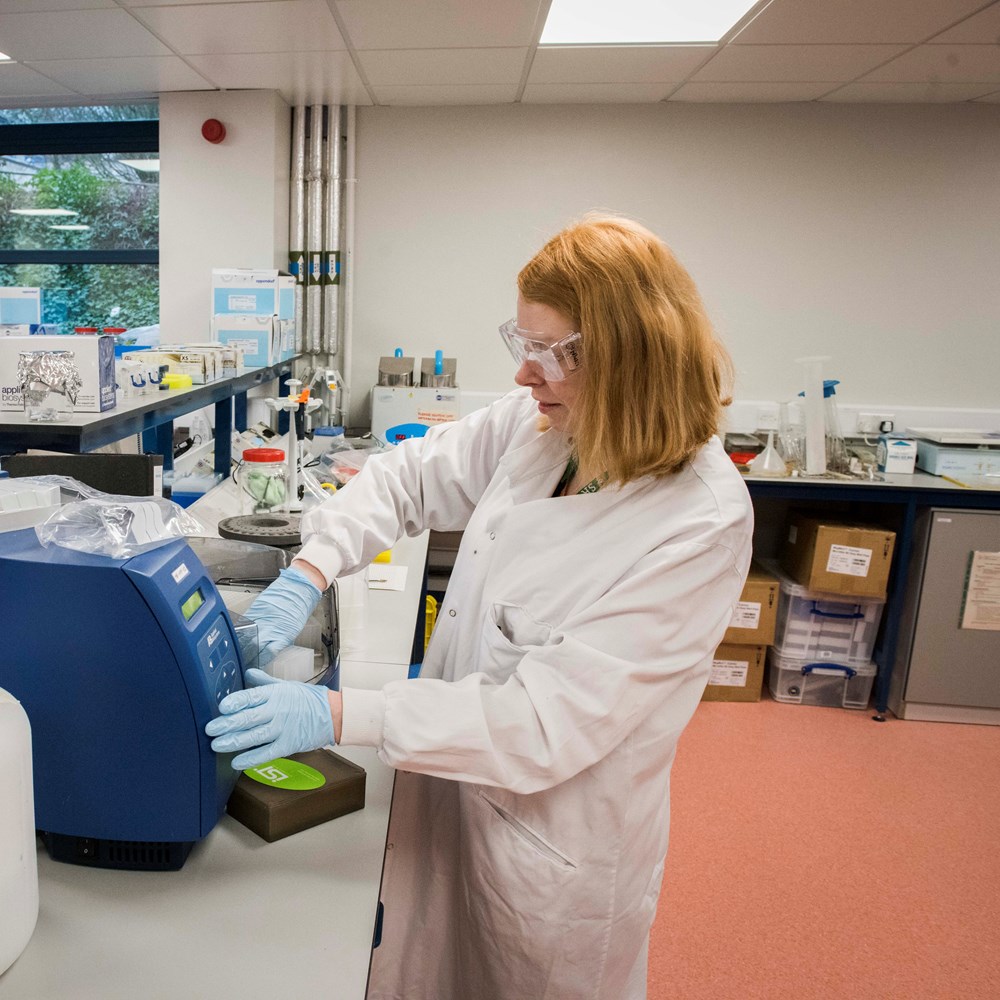
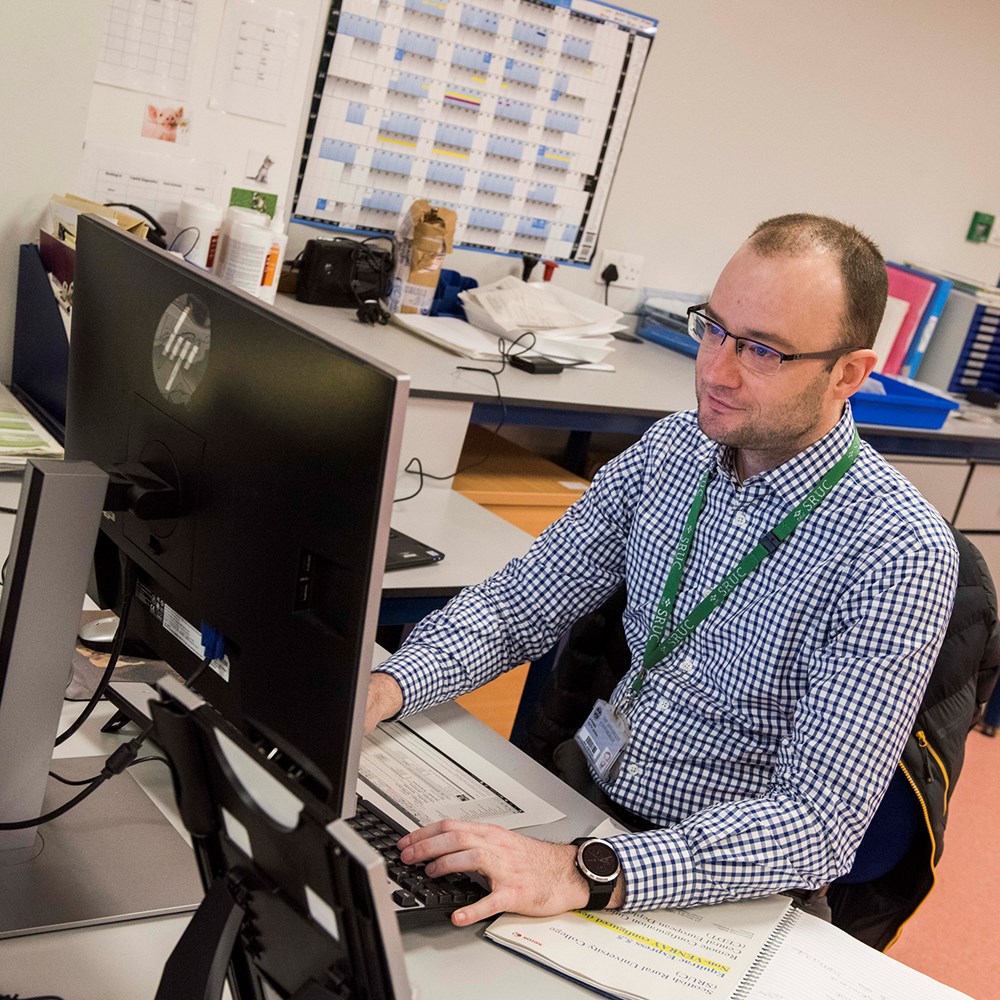
SRUC Pure
You can access our research outputs, learn more about our research team, see our current and past research projects and much more on SRUC Pure.
